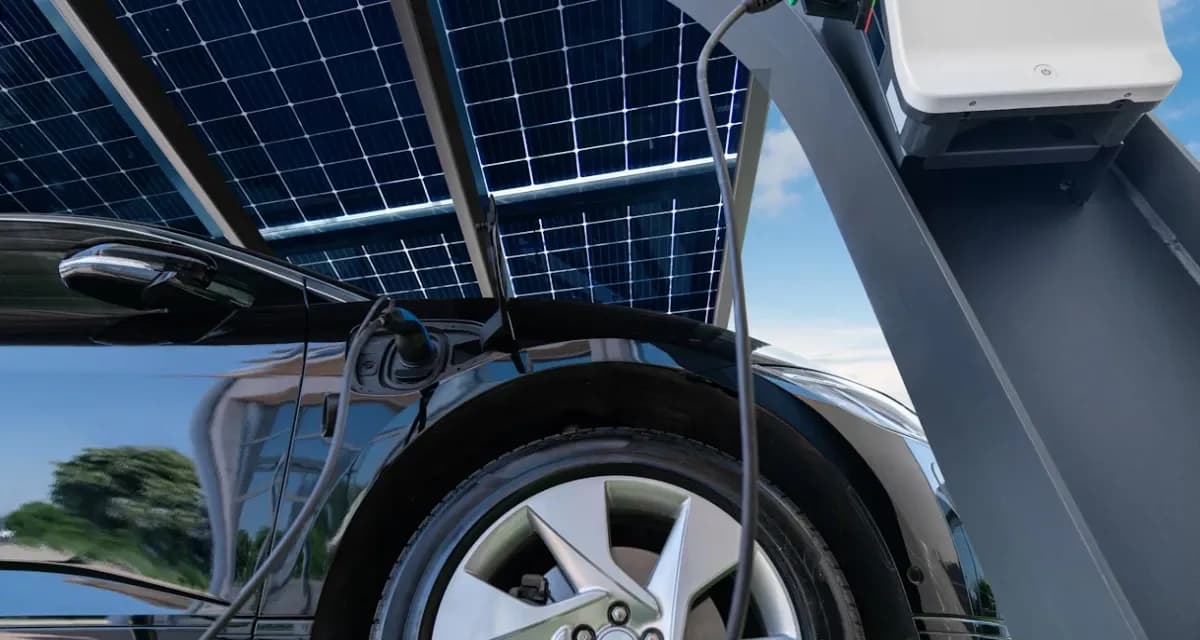The International Energy Agency (IEA) has predicted an increase in electric vehicle (EV) sales which, in 2024, is envisioned to surpass 20% of world car sales. As per the UN forecast of the latest Global EV Outlook report released by the international agency in Paris, electric car sales would be high rope increase to 17 million units by the end of the year from 14 million in 2023.
The quarterly stats show that Q1 of 2024 has witnessed a 25% increase in global sales of EVs compared to Q1 of 2023. Moreover, this trend is in tune with the significant growth ratio we observed in 2023 so far as the number of EV sales recorded from January to March equally rivals the total sales volume in 2020.
IEA Executive Director Fatih Birol puts the acceleration of the EV revolution on the global grounds calling for 3 in 10 cars to be electric by 2030 in China. Over 10 million EV cars will be sold in China expected to account for 45% of total cars sold in China in 2024. Chinese automobile makers are taking this opportunity to introduce their brands of EVs that fit various segments such as the cost-conscious or luxury buyers.
Also Read: Best Fuel Efficient Motor Cars in India 2024
However, the growing influx of Chinese EV exports may exert downward pressure on prices in other markets, such as the United States and Europe. Concerns over this trend have prompted discussions in both regions regarding potential measures to address the issue and safeguard local automotive industries.
Europe is anticipated to account for approximately 25% of the global EV market, with manufacturers intensifying their presence in the region through expanded production and investment initiatives. Similarly, the United States is expected to comprise over 11% of the market share in 2024.
Despite the promising outlook for EV sales, challenges persist for some automakers, as evidenced by Ford Motor Co.'s recent announcement of a $1.3 billion loss in its EV unit for the first quarter. The company reported a loss of $132,000 on each electric car sold, underscoring the ongoing hurdles faced by manufacturers in the transition to electric mobility.
As the global automotive landscape continues to evolve, the dominance of electric vehicles is becoming increasingly evident, signalling a transformative shift in the industry towards sustainable transportation solutions.
Also Read:
